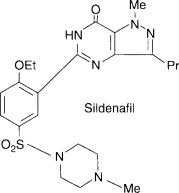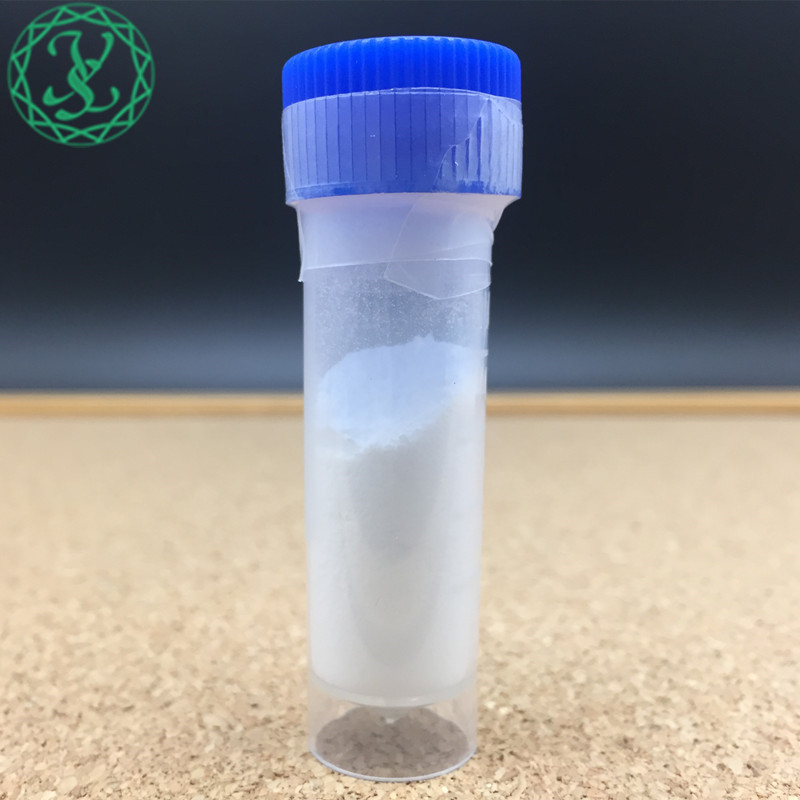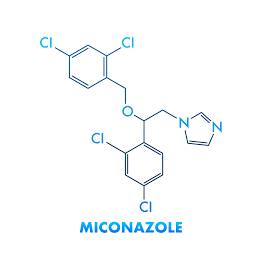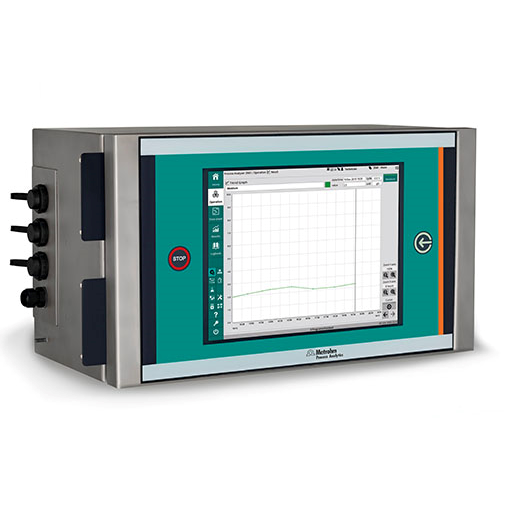GladiaTOX, a new open-source solution for the analysis of high content screening (HCS) data in biomedical research, has been released on the online Bioconductor platform. Written in the R programming language, GladiaTOX enables robust and efficient storage, processing, and reporting of HCS data, in line with the landmark 21st Century Toxicology program. An evolution of the ToxCast PipeLine (TCPL), which was created for the US Environmental Protection Agency, GladiaTOX has been developed by Philip Morris International (PMI) in collaboration with Filer Consulting (Durham, North Carolina, USA), lead author of the original TCPL.
"GladiaTOX is an all-in-one solution for the analysis of HCS data," said Vincenzo Belcastro Ph.D., Systems Biology, PMI. He added, "It enables the standardization of HCS data and dependable, reproducible analysis procedures that facilitate rapid-decision making processes. For example, in the field of drug discovery and toxicity screening, where thousands of data points can be generated every day, GladiaTOX allows researchers to quickly and confidently identify and prioritize candidate chemicals. It achieves this through its unique modelling algorithms, its advanced reporting tools, and its ability to integrate easily with external proprietary systems."
In line with 21st Century Toxicology, GladiaTOX supports the internationally recognized "3Rs" of animal research – "replacement, reduction, and refinement" – by improving the reproducibility of in vitro HCS studies. In addition, since GladiaTOX is able to analyse disparate types of HCS data in an integrated fashion, it supports the "3S" approach to biological understanding – "systematic, systemic, and systems" – which has been proposed by a team of researchers from institutions including the US Food and Drug Administration, the Centre for Alternatives to Animal Testing, and the European Commission Joint Research Centre. The 3S approach recommends looking at organisms in their entirety, rather than at specific organs in isolation, through the integration of experimental and computational in vitro systems.
In addition to the functionalities available through TC PL, GladiaTOX includes a web-service layer which allows for simple integration with external, third-party systems. It computes the minimum effective concentrations of chemicals based on verified historical data, as well as scores which indicate the toxicological severity of exposure to chemicals. It implements a suite of advanced tools for quality control, processing, and reporting, including the exportation of results formatted for the widely used ToxPi graphical user interface.
"GladiaTOX delivers unprecedented power, efficiency, and reliability in the analysis of in vitro generated HCS data," said Julia Hoeng, Ph.D., Director of Systems Toxicology, PMI. "In the spirit of open-science, it is fully transparent and reproducible. PMI is committed to ensuring the transparency of our research, the reusability of our data, and the reproducibility of our findings. As well as making GladiaTOX freely available for use by the scientific community, we have also recently launched the INTERVALS platform, a comprehensive data repository for research on Reduced-Risk Products designed to enable easy review of methods and results, the reuse of data, and the generation of new hypotheses."
The release of GladiaTOX is the latest milestone in a continuous effort from PMI to develop state-of-the-art computational tools and share them with the scientific community.
Register as Visitor to CPhI China 2019!

-----------------------------------------------------------------------
Editor's Note:
If you have any suggestion to the content,
please email: Julia.Zhang@ubmsinoexpo.com.





 ALL
ALL Pharma in China
Pharma in China Pharma Experts
Pharma Experts Market News
Market News Products Guide
Products Guide Brand Story
Brand Story






















 Pharma Sources Insight January 2025
Pharma Sources Insight January 2025








